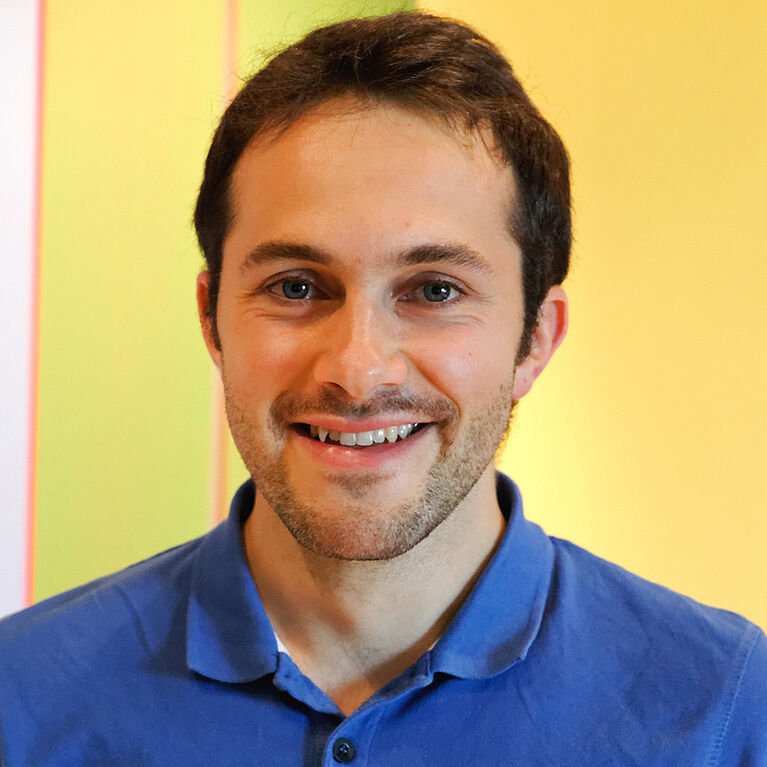Cristóbal Esteban, PhD

Alumni
- cr_est@ethz.ch
- Phone
- +41 44 632 65 24
- Address
-
ETH Zürich
Department of Computer Science
Biomedical Informatics Group Universitätsstrasse 6
8092 Zürich - Room
- CAB F52.1
I am interested in helping to cure diseases, improve people's health and extend the human lifespan by developing intelligent systems that can find and exploit complex dependencies in biomedical datasets.
I was a PhD candidate under the supervision of Prof. Volker Tresp at Ludwig Maximilians University of Munich. I also belonged to the Machine Intelligence group at Siemens AG in Munich. During this period I was also part of the EU Marie Curie International Training Network of machine learning for personalized medicine. Thanks to this network, I had the opportunity of visiting multiple research groups, including the Rätsch laboratory when it was based at Memorial Sloan Kettering Cancer Center in New York.
I have worked in several machine learning projects applied to medicine and I am especially interested in developing Deep Learning models, like Recurrent Neural Networks, and analyzing how to use them to find complex relationships in sequential multivariate biomedical datasets.
Latest Publications
Abstract Intensive-care clinicians are presented with large quantities of measurements from multiple monitoring systems. The limited ability of humans to process complex information hinders early recognition of patient deterioration, and high numbers of monitoring alarms lead to alarm fatigue. We used machine learning to develop an early-warning system that integrates measurements from multiple organ systems using a high-resolution database with 240 patient-years of data. It predicts 90% of circulatory-failure events in the test set, with 82% identified more than 2 h in advance, resulting in an area under the receiver operating characteristic curve of 0.94 and an area under the precision-recall curve of 0.63. On average, the system raises 0.05 alarms per patient and hour. The model was externally validated in an independent patient cohort. Our model provides early identification of patients at risk for circulatory failure with a much lower false-alarm rate than conventional threshold-based systems.
Authors Stephanie L. Hyland, Martin Faltys, Matthias Hüser, Xinrui Lyu, Thomas Gumbsch, Cristóbal Esteban, Christian Bock, Max Horn, Michael Moor, Bastian Rieck, Marc Zimmermann, Dean Bodenham, Karsten Borgwardt, Gunnar Rätsch & Tobias M. Merz
Submitted Nature Medicine